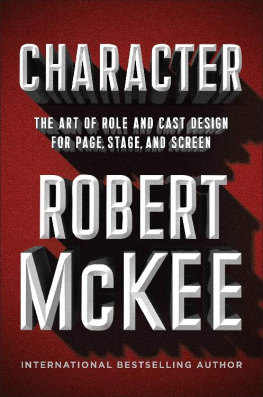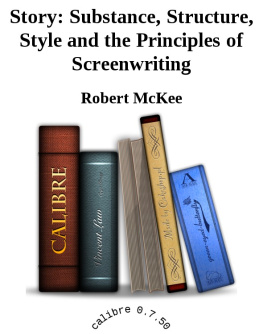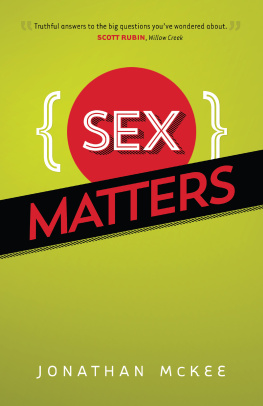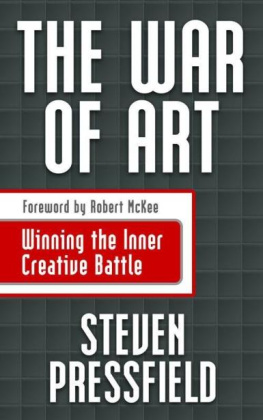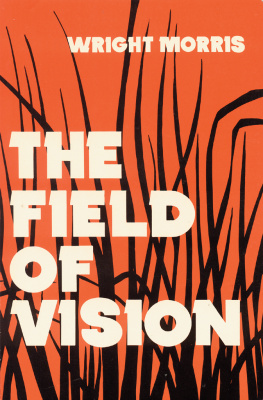Robert McKee - Story
Here you can read online Robert McKee - Story full text of the book (entire story) in english for free. Download pdf and epub, get meaning, cover and reviews about this ebook. year: 1997, publisher: HarperCollins, genre: Art. Description of the work, (preface) as well as reviews are available. Best literature library LitArk.com created for fans of good reading and offers a wide selection of genres:
Romance novel
Science fiction
Adventure
Detective
Science
History
Home and family
Prose
Art
Politics
Computer
Non-fiction
Religion
Business
Children
Humor
Choose a favorite category and find really read worthwhile books. Enjoy immersion in the world of imagination, feel the emotions of the characters or learn something new for yourself, make an fascinating discovery.

- Book:Story
- Author:
- Publisher:HarperCollins
- Genre:
- Year:1997
- Rating:3 / 5
- Favourites:Add to favourites
- Your mark:
- 60
- 1
- 2
- 3
- 4
- 5
Story: summary, description and annotation
We offer to read an annotation, description, summary or preface (depends on what the author of the book "Story" wrote himself). If you haven't found the necessary information about the book — write in the comments, we will try to find it.
Story — read online for free the complete book (whole text) full work
Below is the text of the book, divided by pages. System saving the place of the last page read, allows you to conveniently read the book "Story" online for free, without having to search again every time where you left off. Put a bookmark, and you can go to the page where you finished reading at any time.
Font size:
Interval:
Bookmark:
STORY
STORY
STORY
Substance, Structure, Style,
and the Principles of Screenwriting
R O B E R T M c K E E

I dedicate this book to the happy memory of my parents who, in their very different ways, taught me the love of story.
When I was first learning to read, but not always behaving appropriately, my father introduced me to the fables of Aesop in the hope that these ancient cautionary tales might improve my deportment. Each evening, after working my way through the likes of The Fox and the Grapes, he would nod and ask, And what does this story mean to you, Robert? As I stared at these texts and their handsome color illustrations, struggling to find my interpretations, I slowly came to realize that stories mean much more than words and pretty pictures.
Later, before entering the university, I deduced that the best possible life includes as many rounds of golf as possible, and therefore, I would become a dentist. Dentist?! my mother laughed. You cant be serious. What happens when they cure all teeth problems? Where will dentists be then? No, Bobby, people will always need entertainment. Im looking out for your future. Youre going into show business.
The hundreds of examples in Story are drawn from a century of film writing and filmmaking around the world. Whenever possible, I offer more than one title of the most recent and widely seen works I know. Because its impossible to select films everyone has seen and remembers in detail, Ive leaned toward those readily available on video. But first and foremost, each film has been chosen because it is a clear illustration of the point made in the text.
To deal with the pronoun problem I have avoided constructions that distract the readers eye, such as the annoying alternation of she and her with he and him, the repetitious he and she and him and her, the awkward s/he and her/im, and the ungrammatical they and them as neuter singulars. Rather, I use the nonexclusive he and him to mean writer.
THE
WRITER
AND THE
ART OF
STORY
Stories are equipment for living.
K ENNETH B URKE
A rule says, You must do it this way. A principle says, This works and has through all remembered time. The difference is crucial. Your work neednt be modeled after the well-made play; rather, it must be well made within the principles that shape our art. Anxious, inexperienced writers obey rules. Rebellious, unschooled writers break rules. Artists master the form.
All notions of paradigms and foolproof story models for commercial success are nonsense. Despite trends, remakes, and sequels, when we survey the totality of Hollywood film, we find an astounding variety of story designs, but no prototype. DIE HARD is no more typical of Hollywood than are PARENTHOOD, POSTCARDS FROM THE EDGE, THE LION KING, THIS IS SPINAL TAP, REVERSAL OF FORTUNE, DANGEROUS LIAISONS, GROUNDHOG DAY, LEAVING LAS VEGAS, or thousands of other excellent films in dozens of genres and subgenres from farce to tragedy.
Story urges the creation of works that will excite audiences on the six continents and live in revival for decades. No one needs yet another recipe book on how to reheat Hollywood leftovers. We need a rediscovery of the underlying tenets of our art, the guiding principles that liberate talent. No matter where a film is madeHollywood, Paris, Hong Kongif its of archetypal quality, it triggers a global and perpetual chain reaction of pleasure that carries it from cinema to cinema, generation to generation.
The archetypal story unearths a universally human experience, then wraps itself inside a unique, culture-specific expression. A stereotypical story reverses this pattern: It suffers a poverty of both content and form. It confines itself to a narrow, culture-specific experience and dresses in stale, nonspecific generalities.
For example, Spanish custom once dictated that daughters must be married off in order from oldest to youngest. Inside Spanish culture, a film about the nineteenth-century family of a strict patriarch, a powerless mother, an unmarriageable oldest daughter, and a long-suffering youngest daughter may move those who remember this practice, but outside Spanish culture audiences are unlikely to empathize. The writer, fearing his storys limited appeal, resorts to the familiar settings, characters, and actions that have pleased audiences in the past. The result? The world is even less interested in these clichs.
On the other hand, this repressive custom could become material for a worldwide success if the artist were to roll up his sleeves and search for an archetype. An archetypal story creates settings and characters so rare that our eyes feast on every detail, while its telling illuminates conflicts so true to humankind that it journeys from culture to culture.
In Laura Esquivels LIKE WATER FOR CHOCOLATE, mother and daughter clash over the demands of dependence versus independence, permanence versus change, self versus othersconflicts every family knows. Yet Esquivels observation of home and society, of relationship and behavior is so rich in never-before-seen detail, were drawn irresistibly to these characters and fascinated by a realm weve never known, nor could imagine.
Stereotypical stories stay at home, archetypal stories travel. From Charlie Chaplin to Ingmar Bergman, from Satyajit Ray to Woody Allen, the cinemas master storytellers give us the double-edged encounter we crave. First, the discovery of a world we do not know. No matter how intimate or epic, contemporary or historical, concrete or fantasized, the world of an eminent artist always strikes us as somewhat exotic or strange. Like an explorer parting forest leaves, we step wide-eyed into an untouched society, a clich-free zone where the ordinary becomes extraordinary.
Second, once inside this alien world, we find ourselves. Deep within these characters and their conflicts we discover our own humanity. We go to the movies to enter a new, fascinating world, to inhabit vicariously another human being who at first seems so unlike us and yet at heart is like us, to live in a fictional reality that illuminates our daily reality. We do not wish to escape life but to find life, to use our minds in fresh, experimental ways, to flex our emotions, to enjoy, to learn, to add depth to our days. Story was written to foster films of archetypal power and beauty that will give the world this dual pleasure.
From inspiration to last draft you may need as much time to write a screenplay as to write a novel. Screen and prose writers create the same density of world, character, and story, but because screenplay pages have so much white on them, were often mislead into thinking that a screenplay is quicker and easier than a novel. But while scribomaniacs fill pages as fast as they can type, film writers cut and cut again, ruthless in their desire to express the absolute maximum in the fewest possible words. Pascal once wrote a long, drawn-out letter to a friend, then apologized in the postscript that he didnt have time to write a short one. Like Pascal, screenwriters learn that economy is key, that brevity takes time, that excellence means perseverance.
Font size:
Interval:
Bookmark:
Similar books «Story»
Look at similar books to Story. We have selected literature similar in name and meaning in the hope of providing readers with more options to find new, interesting, not yet read works.
Discussion, reviews of the book Story and just readers' own opinions. Leave your comments, write what you think about the work, its meaning or the main characters. Specify what exactly you liked and what you didn't like, and why you think so.

